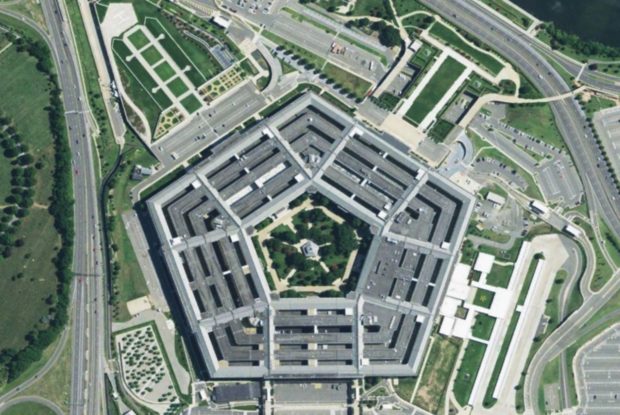New Study of Military’s Transgender Policy Finds Ban Hurts Readiness
Effect Has Been Opposite of What Was Intended
SAN FRANCISCO, CA – A new study has found that the current ban on military service by transgender Americans has harmed the armed forces, contradicting claims by the Trump administration that the ban was needed to protect readiness, unit cohesion, and overall effectiveness. The 36-page report instead found that the policy, which President Trump implemented in 2019, ended up “compromising recruitment, reputation, retention, unit cohesion, morale, medical care, and good order and discipline.”
The study was co-authored by three former military Surgeons General along with a group of scholars at the Palm Center, an independent think tank that studies gender and military policy issues. It was based on demographic analysis of retention and recruitment patterns, Pentagon data, surveys of nearly a hundred transgender service members, interviews of military personnel, and reviews of scholarly and media articles.
The study is significant because it’s the first to assess the impact of the Trump ban, and it comes just weeks before President-elect Joseph Biden, who promised to start reversing the ban on “day one” of his presidency, is set to take office. Historically, military policy changes have sometimes taken months or years to implement, but the Palm Center has pointed out that, because a policy of inclusion for grandfathered transgender troops has remained continuously in place, the current ban can be easily reversed in under thirty days.
Aaron Belkin, director of the Palm Center and one of the study’s co-authors, said the report shows the ban has had the opposite effect of what was intended. “The current ban was based on the assertion that inclusive service threatened unit cohesion, readiness, and lethality,” he said, “but until now no one had ever assessed the ban itself to determine whether this policy fixes those ostensible problems. What we found is that the policy actually made things worse when assessing the very priorities the Trump administration laid out as the rationale for re-instituting the ban.”
Other key findings include that the ban:
- Artificially constricts the military recruiting pool by disqualifying or discouraging an estimated 205,850 transgender Americans of prime recruiting age.
- Harms the military’s reputation by casting the armed forces as intolerant.
- Weakens retention by placing unnecessary burdens on serving personnel.
- Undermines unit cohesion by enabling harassment and breaking bonds of trust.
- Harms troop morale by stigmatizing transgender members.
- Denies military members necessary medical care.
- Undermines leadership by creating separate and confusing standards and rules.
